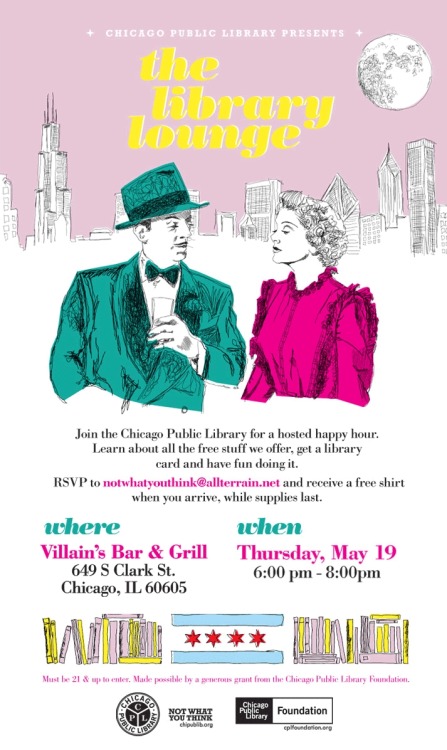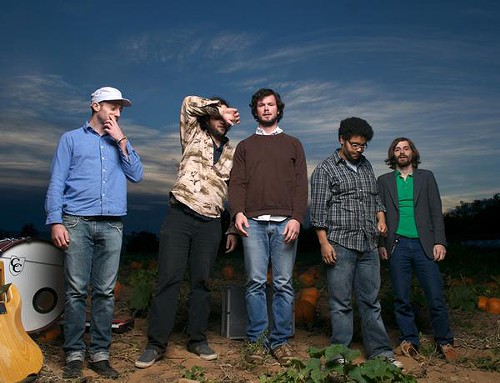
With all the news, hype, and buzz of the Internet, I haven’t yet written about books I like to read offline.
I’m into a lot of different genres and things, but I honestly find non-fiction histories the most relaxing and enjoyable. Especially, when they are compact overviews of a certain idea, period, or event. It results in an accumulation of facts and ideas that I’m sure makes me a maddening conversationalist sometimes. Whatever.
Anyways, books like Simon Shama’s Citizens are amazing, especially when followed by fictionalized accounts like Mantel’s A Place of Greater Safety.
Right now, I’m reading Lavoisier in the Year One, by Madison Smartt Bell. The book is about Lavoisier, a French Revolution-era scientist who formulated our modern idea of chemistry. But really, it’s not so much about the science as how the person and his times make fertile ground for the discovery to happen.
This book is typical of the Great Discoveries Series, a series that collects novelists, essayists, critics, biographers, and historians (and some scientists) and then pairs them with important scientific breakthroughs.
The results are eclectic, and this is a strength. Each author brings their own voice and style, which allows the books to evolve into a conversations the author has with the subject. Because they are not experts, their own learning process comes through (particularly in William T. Vollmann’s Uncentering the Earth on Galileo).
This makes it easier to wade into what would otherwise be hard to swallow concepts (like early applications of calculus) and allows the reader to be OK with not getting all the hard details. With maybe one exception I’ve found: the late David Foster Wallace’s Everything and More – a book on infinity that required another beginner’s book on infinity for me to get anywhere in it.
At any rate, these are good reads for those of us who’d love to actually sit down and talk science with some of today’s great writers – or for anyone looking for a (sometimes) casual introduction to interesting periods in science history.












